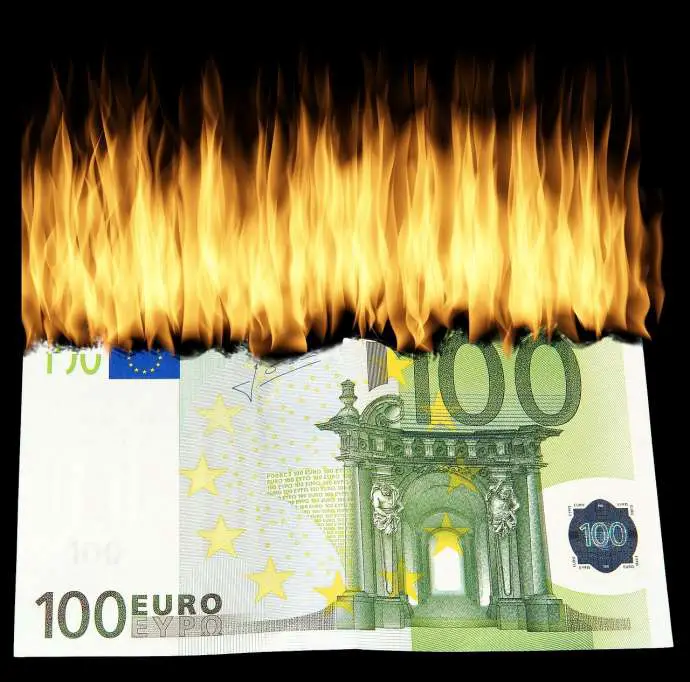STA, 23 August 2022 - The National Assembly unanimously passed on Tuesday changes to the VAT act reducing VAT on electricity, gas, biomass and remote heating from 22% to 9.5% between 1 September 2022 and 31 May 2023.
The changes come as part of efforts to mitigate the cost of living crisis with Finance Ministry State Secretary Tilen Božič telling MPs that the VAT cut will only fulfil its purpose if prices are regulated as well.
Initially, this was not incorporated in the changes, and the senior coalition Freedom Movement filed an amendment to that effect with the support of the coalition Left.
Under the amendment, prices will be regulated for the duration of the VAT reduction for products which will be regulated on 1 September 2022.
At the moment, this entails electricity and gas for households, small companies and users classified as protected, including schools and care homes.
Božič said the Infrastructure Ministry was conducting a study to see what additional measures, including price regulation, would further contribute to reducing heating bills. The study is to be completed by the end of the month.
The changes have been fast-tracked through parliament and enjoy the support of all parliamentary parties, even though some expressed regret that VAT could not be lowered below 9.5% and that it does not apply to food.
The opposition Democrats (SDS) filed an amendment under which VAT would be reduced to 5%, including for heating oil, although EU law renders this impossible.
Nevertheless, the SDS believes that Slovenia should declare a state of emergency in energy and reduce heating oil VAT.
"You're worried that this would not be in line with the EU directive. But of course it is in line if we act for the good of the citizens," said SDS MP Janez Magyar.
Božič said the government did not want to propose a solution that would not be in line with EU law. "At first, it would feel nice in our pockets, until we would have to pay it all back with interest. No such lunch is free."
The revenue shortfall from the reduction to 9.5% is estimated at EUR 130 million, while a reduction to 5% would mean an additional EUR 50 million less in budget revenue, Božič said.
On Monday, Prime Minister Robert Golob said that the government does not believe the reduction to 5% to be necessary because the cut to 9.5% will be accompanied by the freezing of prices for electricity and gas. He said the government would rather use budget funds to cut VAT on food, if necessary.
The opposition New Slovenia (NSi) also said it would support the changes. However, the party wants a more comprehensive approach by the government, for example reduced VAT for basic necessities, above all food, MP Jernej Vrtovec said.
The NSi wanted to file an amendment under which the VAT reduction would also apply to food and beverages. But because the changes address VAT reduction for energy products, the amendment was not discussed.
All three coalition parties expressed support for the changes, but junior coalition parties expressed some misgivings.
The Social Democrats (SD) said a reduction to 5% would be a maximum expense for the public finance and would prevent any later additional actions.
SD MP Soniboj Knežak regretted that a solution had not been found for heating oil. "I don't know if that was a bureaucratic lapse," he said about the EU directive and expressed the expectation that a solution will be found at the EU level by the start of the heating season.
Meanwhile, Miha Kordiš of the Left underlined the need to regulate prices if the VAT cut is to have the desired effect. He also said the Left wanted to see regulation of food and heating oil prices, as well as a fair tax reform by the end of the year.






